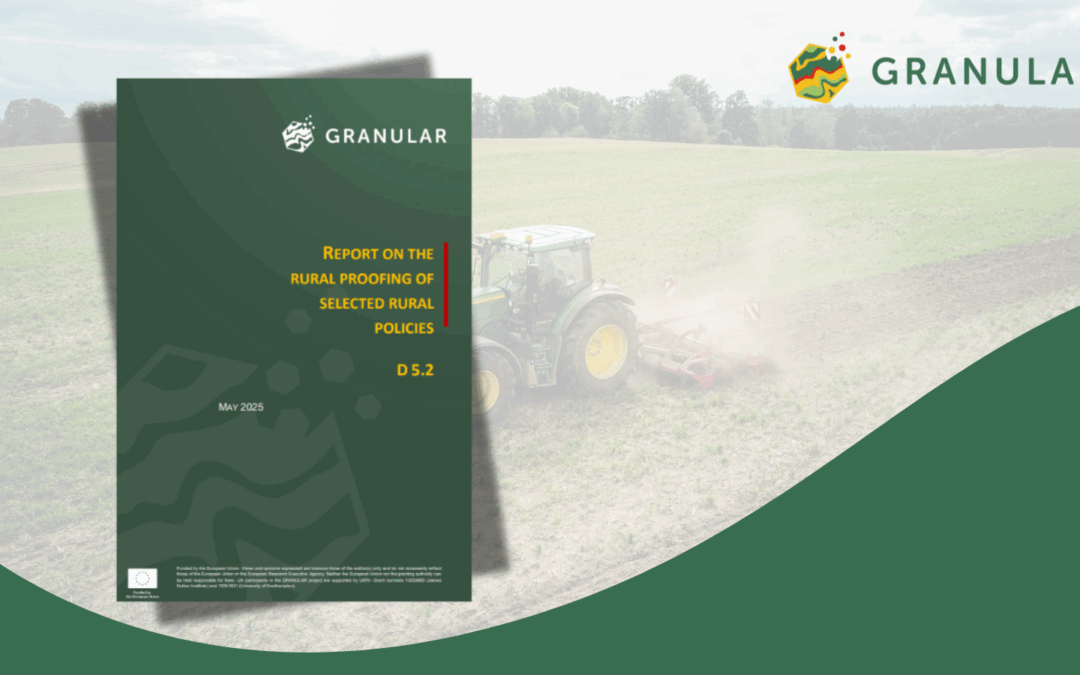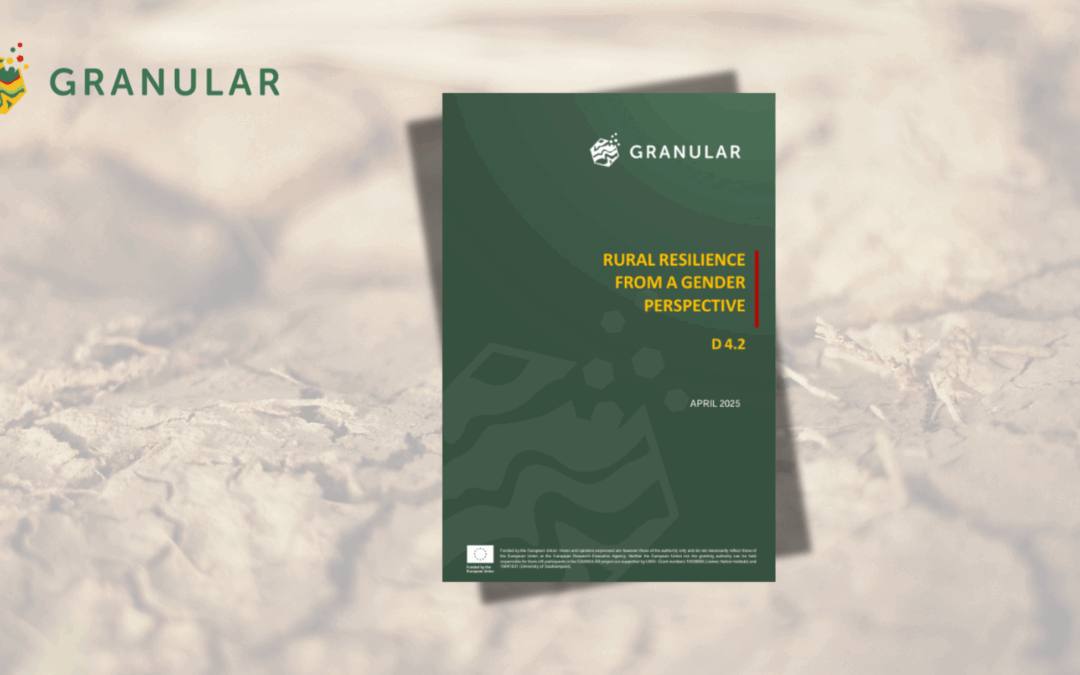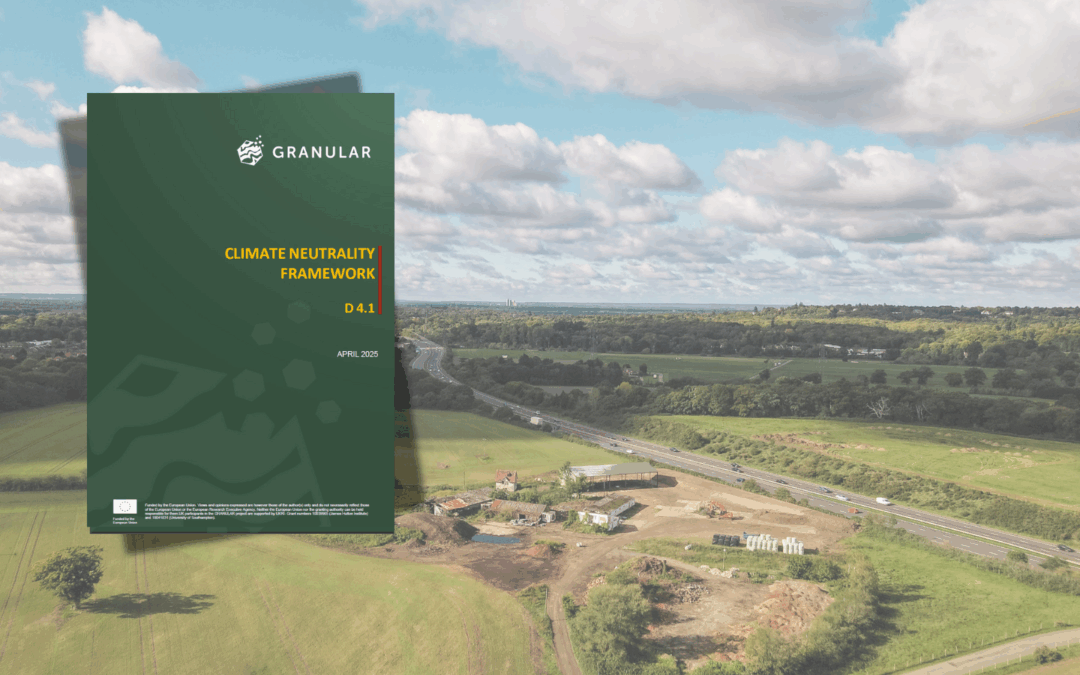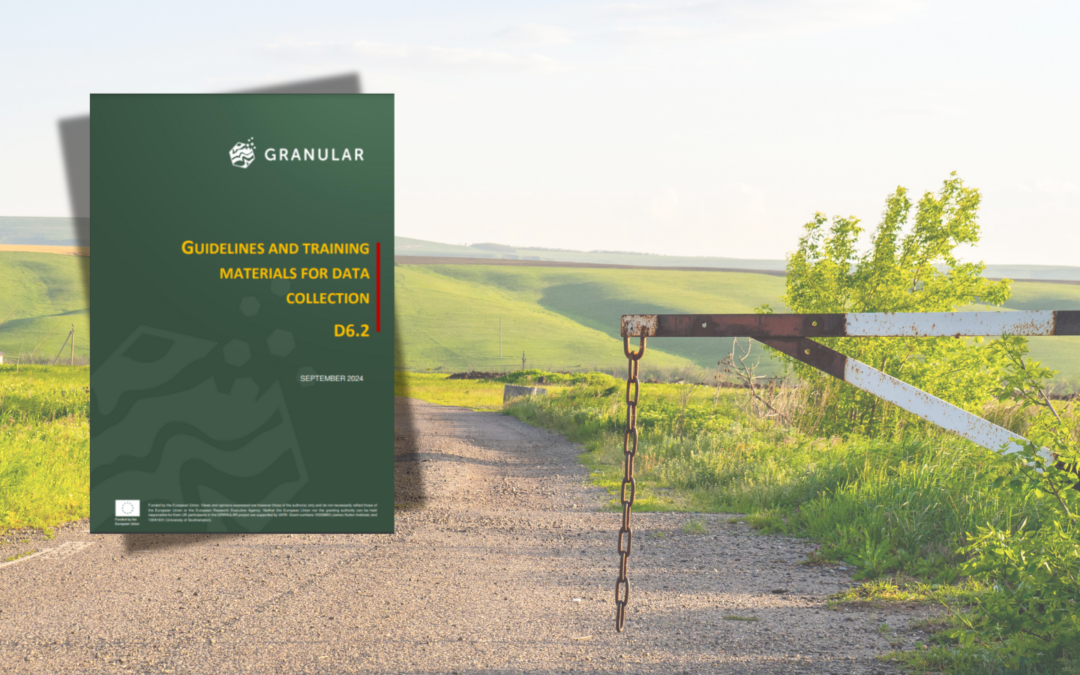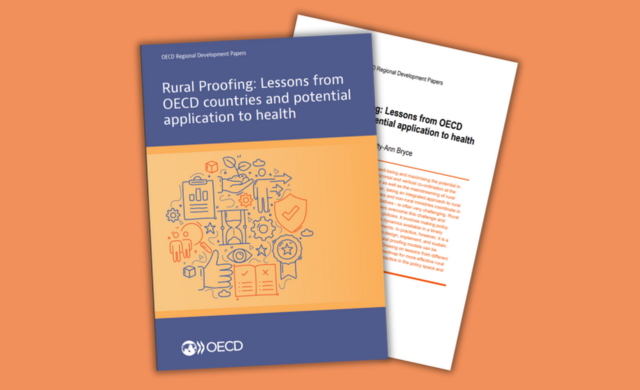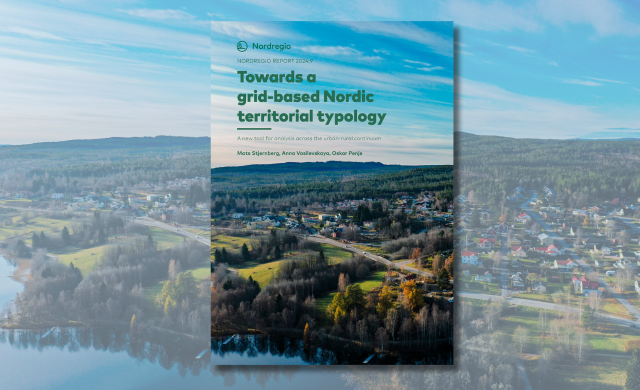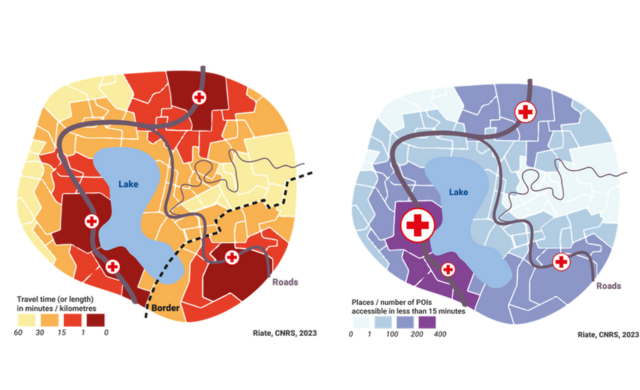Author: Giulia Martino (Ecorys)
Let’s imagine that you are a policymaker tasked with designing a new mobility strategy in your region.
Let’s assume that your strategy includes a policy commitment to provide free bus travel to all children under a specified age. If you could have special “lenses” to assess this strategy by focusing on the specific needs and features of rural areas, what would you see? For instance, rural children may lack access to any bus services, meaning that this policy will not generate the same positive benefits for them as it would for urban children. That’s when rural proofing comes into play.
What is Rural Proofing?
In simple terms, rural proofing is the process of putting on a pair of “rural glasses” to help policymakers understand the unique needs of rural areas and identify any negative impacts that new or existing initiatives may have on rural communities. Often, policies that work well in urban settings don’t consider the distinct features of rural areas, or they only cater to a few rural types while ignoring others.
Rural proofing systematically assesses the potential impacts of policies, programs, and projects on rural areas. This method helps policymakers avoid urban-centric biases and promotes more inclusive development across various regions. While the concept of rural proofing is essential, there is no established methodology for it in the current policymaking framework. Even the term itself is not widely used across EU languages or policies.
The European Commission’s Long-Term Vision for EU Rural Areas (LTVRA) emphasises the need for rural proofing. It acknowledges that EU policies should be reviewed through a rural lens, considering their effects on rural jobs, growth, social well-being, and environmental quality.
How did GRANULAR develop a Rural Proofing Methodology?
The GRANULAR project is dedicated to developing tailored rural policies, and rural proofing plays a central role in its approach. At the core of GRANULAR’s work are its Living and Replication Labs. These Labs bring together science, policy, and civil society actors to offer local perspectives on how policies impact the diverse EU rural areas. The Labs ensure that rural proofing is both place-based and inclusive.
GRANULAR’s rural proofing methodology was developed and refined through extensive research and testing by the project team. Recognising that rural proofing is an established concept, the process began with a comprehensive review of existing methodologies and approaches. This allowed the team to incorporate best practices and ensure the methodology was both robust and up to date. Importantly, Living Labs played a key role in shaping GRANULAR approach through a Pilot Phase.This phase enabled the collection of valuable input and insights, ensuring the methodology was both practical and adaptable across various levels of governance.
The foundation of the GRANULAR methodology is the integration of the GRANULAR Rural Compass and the LTVRA Action Plan, creating a comprehensive framework that addresses multiple aspects of rural life, from demographic trends to environmental performance. This combined approach ensures that rural proofing is grounded in EU policies while offering a nuanced view of the diverse needs of rural communities.
What’s Next?
The GRANULAR project will implement rural proofing in two rounds. In the first round, the Living Labs will select a policy or initiative relevant to their local contexts for rural proofing. This could be a national, regional, or even EU-level policy. In the second round, the Labs will focus on an EU-level policy and assess its potential impacts on rural areas.
The final output will be a comprehensive overview of the positive and negative impacts of assessed initiatives. This overview will offer local policymakers tools to anticipate challenges and refine strategies for their areas. Furthermore, the findings will inform EU-level policies by identifying opportunities and potential threats to rural areas, supported by data and indicators.
To explore the GRANULAR methodology in detail, don’t miss the GRANULAR report on “Guidelines for the rural proofing of transition policies in Europe”, which provides a comprehensive overview of the rural proofing approach.

